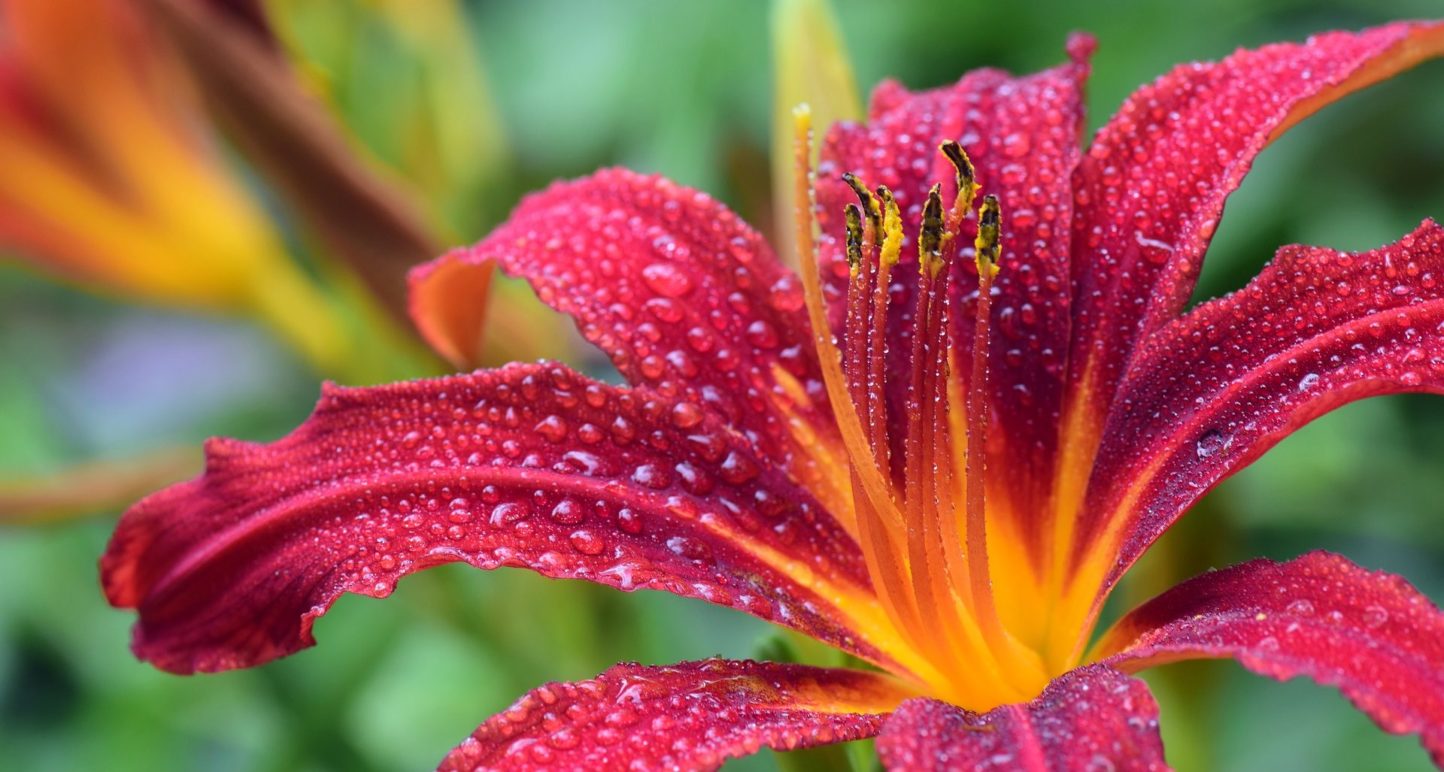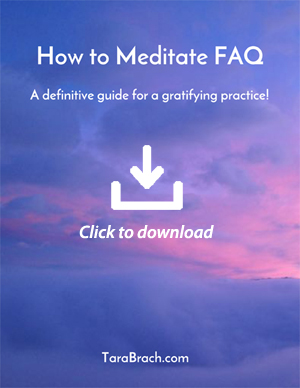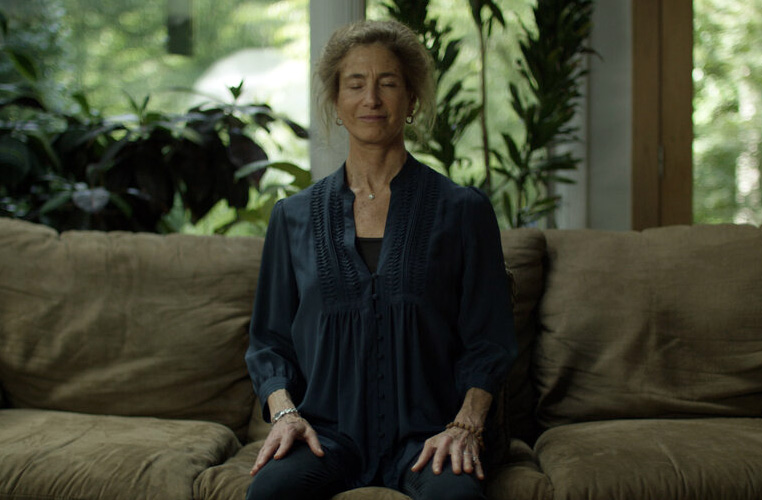by Tara Brach
(originally published in Modern Maturity Magazine)
There’s an old joke about the Jewish mother who sends her son a telegram that reads, “Start worrying. Details to follow.” That’s exactly how most of us live. We go through our days, a bundle of tense muscles, defending our existence, worrying about what might go wrong, afraid we won’t be able to handle it. This fear is universal, biological, habitual. Most often, when life is humming along, we focus on everyday concerns: Will I make a mistake? Does so-and-so like me? How do I look? On September 11th, however, our national consciousness cracked open. In an instant, our basic biological fear of dying and losing everything we love zoomed into the foreground of our awareness. But the truth is, even when we fret over something relatively minor, our anxiety harkens back to that same primal sense of vulnerability. We’re afraid that if we don’t anticipate and control every last thing, our life will fall apart. To me the question is not, how do we rid ourselves of this basic human fear, but how do we make peace with it? Can we find a way to wisely relate to fear, so that it doesn’t take over and prevent us from living the life we have?
What helps me the most is realizing that although fear is great, greater still is the truth of our connectedness. Remembering love makes room for fear. I have one client who has been having terrifying, repeated nightmares since September 11th. We’ve worked on this so that now, when she wakes up and feels afraid, she practices bringing to mind the people she loves who love her. She senses her deepest connections—and this can be with animals or the natural world as well as people—and feels their presence around her. When she does this, she says that the fear is still there, but her sense of belonging allows her to deal with it. My own experience is similar. I find that whenever I resist fear, it persists. It ends up strangling me from the sidelines, hardening my heart and stopping me from living in the moment. But if I let my fear surface and call on the loving awareness that can contain fear, I find my way back to being intimate with my life.
There’s a meditation practice that helps me to do this. It’s called ‘Breathing Through.’ The first step is to imagine yourself breathing in, and allowing the pain of fear to pass through your heart. As you do, allow yourself to experience how fear feels in your body. There may be squeezing or soreness, tightness or a quickening heartbeat. By registering what fear really feels like, you automatically start to accept it. You might gently say ‘yes,’ befriending your experience. Then, as you exhale, imagine breathing out and surrendering fear into the whole web of life, the field of love and awareness which is our deepest nature. Instead of bracing against fear, we let it strengthen our sense of belonging and wholeness.
As we practice this technique, the heart becomes a transformer of fear. We start to feel more compassion toward others as well as ourselves, because the other side of fear is the realization that we’re all in this human predicament together—as September 11th demonstrated on an epic scale. Our true refuge is our care and concern for one another. When we allow ourselves to really feel our fear and let it go into that web of connectedness, we discover that our hearts are enormous and we can handle whatever life brings our way.


